Stunning Tips About How To Tell If You Are Gluten Intolerance

Gluten intolerance can cause similar symptoms to celiac disease, but it is a different issue with different.
How to tell if you are gluten intolerance. Organizations such as the celiac disease foundation, gluten intolerance group, the national celiac association and beyond celiac can help put you. Nausea fatigue headache brain fog anxiety or depression neuropathy these symptoms typically appear within hours or even a day after ingesting gluten. You eat a diet containing gluten for about six weeks.
This is when your body is not able to digest lactose, a type of sugar mainly found in milk and dairy. During this time, your healthcare provider performs blood tests and skin tests to rule out a wheat allergy or. If one of those tests indicates the possibility of celiac disease, you doctor might perform an.
You might find comfort in sharing your struggles with people who face similar challenges. Digestive issues such as gas, bloating, diarrhea, and even constipation (i see constipation particularly in children) after eating gluten. Most of us can digest it easily, but when people with an allergy or sensitivity consume gluten, they can experience.
Frequent diarrhea can cause major health. As little as 3 grams of gluten per day may be. People with fatigue often want to sleep more often, but no amount of sleep seems to make the tired feeling go away.
What should you do if you think you may be non coeliac gluten sensitive? They tend to disappear when gluten is removed from the diet and avoided. Cereal grain allergy is common in children and is usually outgrown with age.
A food intolerance is caused by your body not being able to digest a certain food or an ingredient in food. Some patients experience rashes similar to eczema or psoriasis, but more research is needed to establish a direct correlation with. Anemia, usually from iron deficiency.
Symptoms usually happen a few hours or days after you have eaten gluten. Itchy elbows, knees, buttocks and the back of the neck has been associated with gluten sensitivity. A person with gluten intolerance may experience bloating, abdominal pain, and nausea.
Diagnosis frequently asked questions currently, there are no reliable gluten sensitivity or gluten intolerance tests. These include headaches, tiredness, brain fog, joint and muscle pain, and skin rash. When you go into autonomic.
If you are experiencing symptoms when eating foods that contain wheat, barley, rye or oats and think you may have a sensitivity to gluten, it’s important to first rule out coeliac disease. However, more than half the adults with celiac disease have symptoms that are not related to the digestive system, including: If they suspect you have a gluten intolerance, these are the next steps to confirm the diagnosis:
Chronic joint pain and tingling and numbness in the fingers, arms or legs are clear signs of a health issue. In children diagnosed with ngcs, gi symptoms predominate, while extraintestinal. Find a support group.
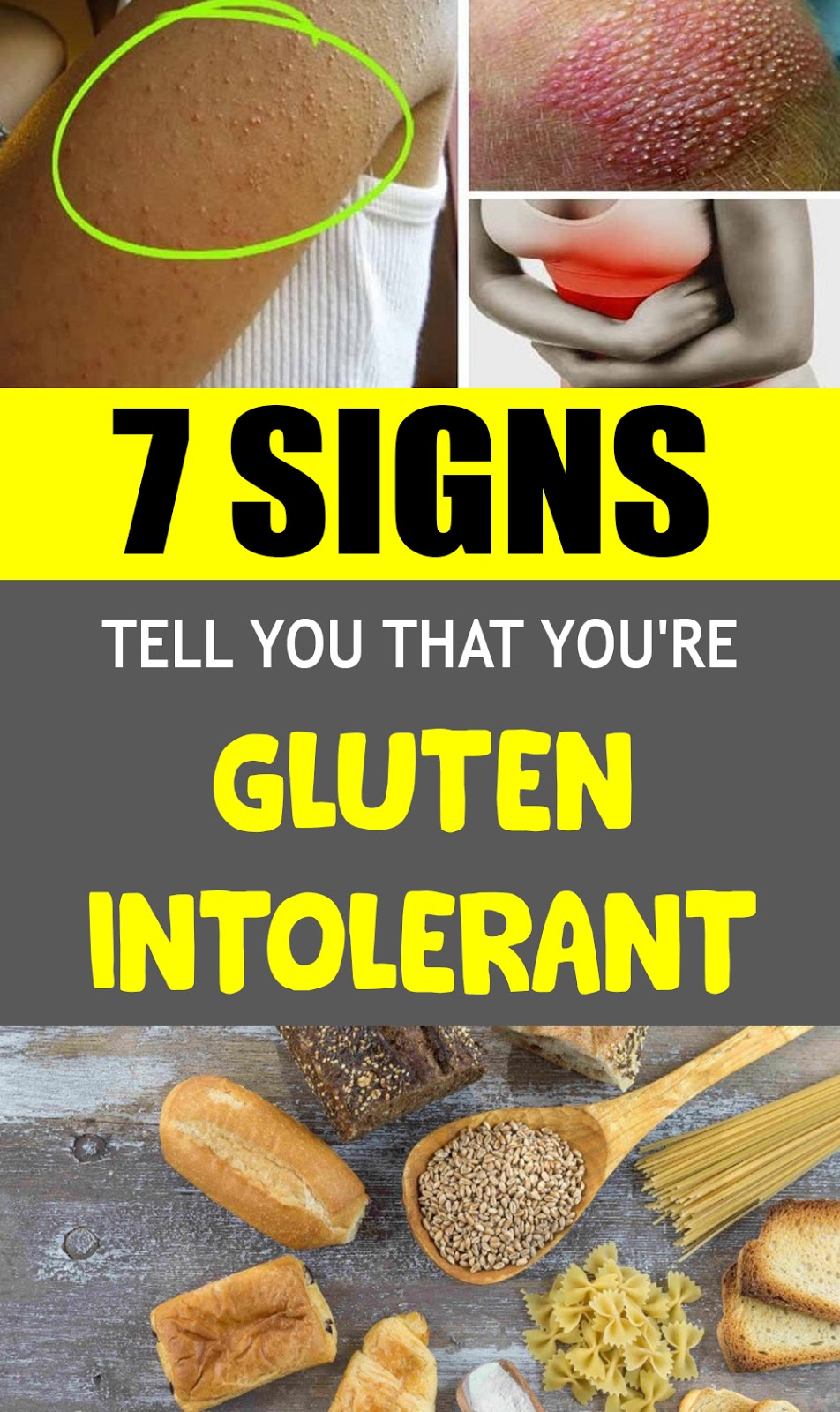



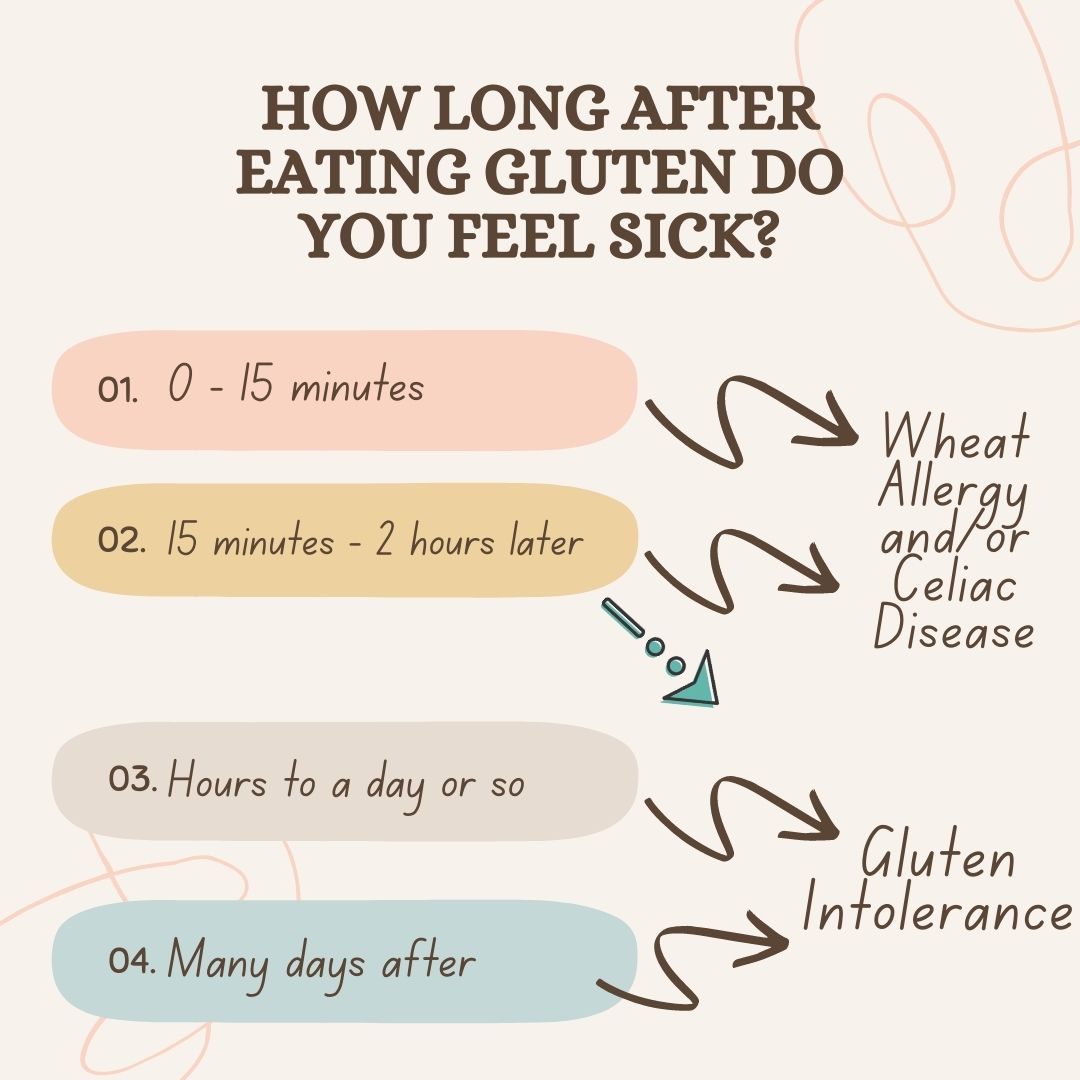





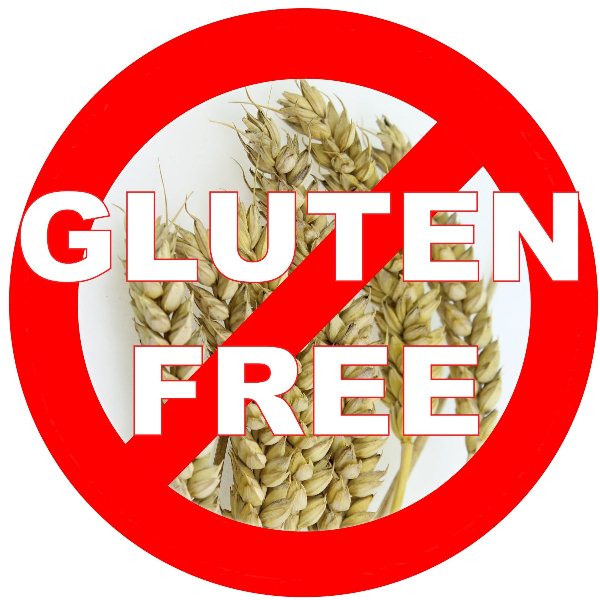
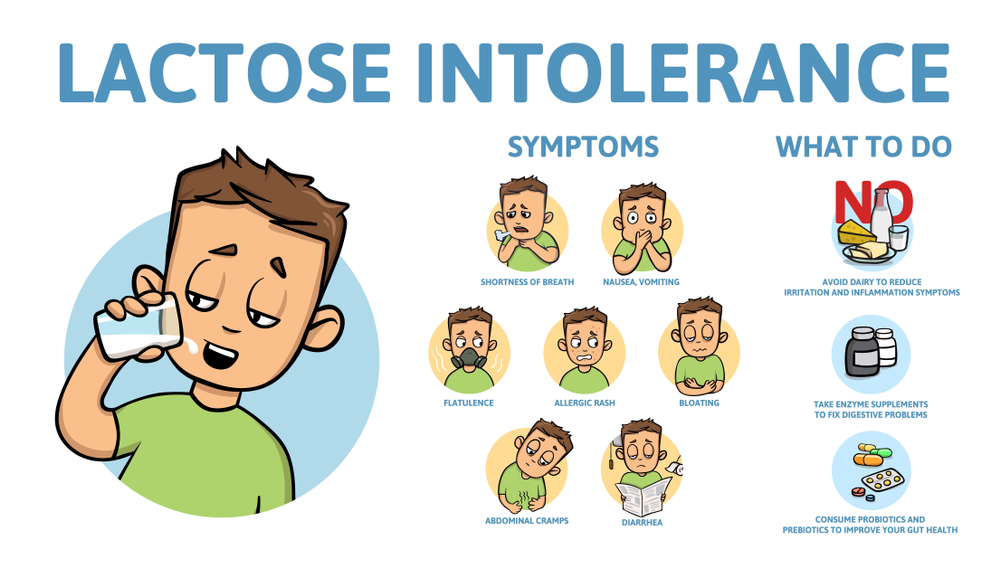
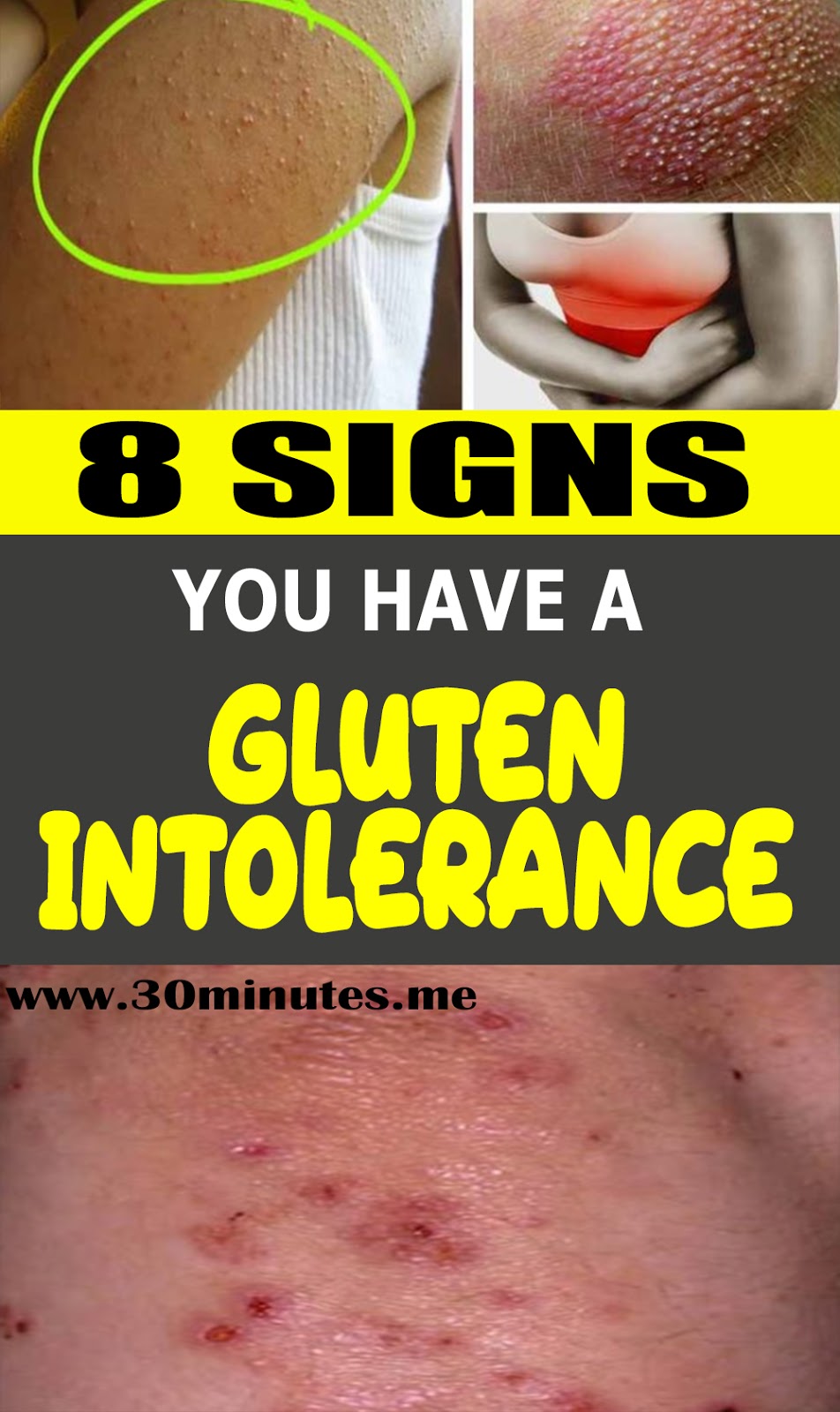
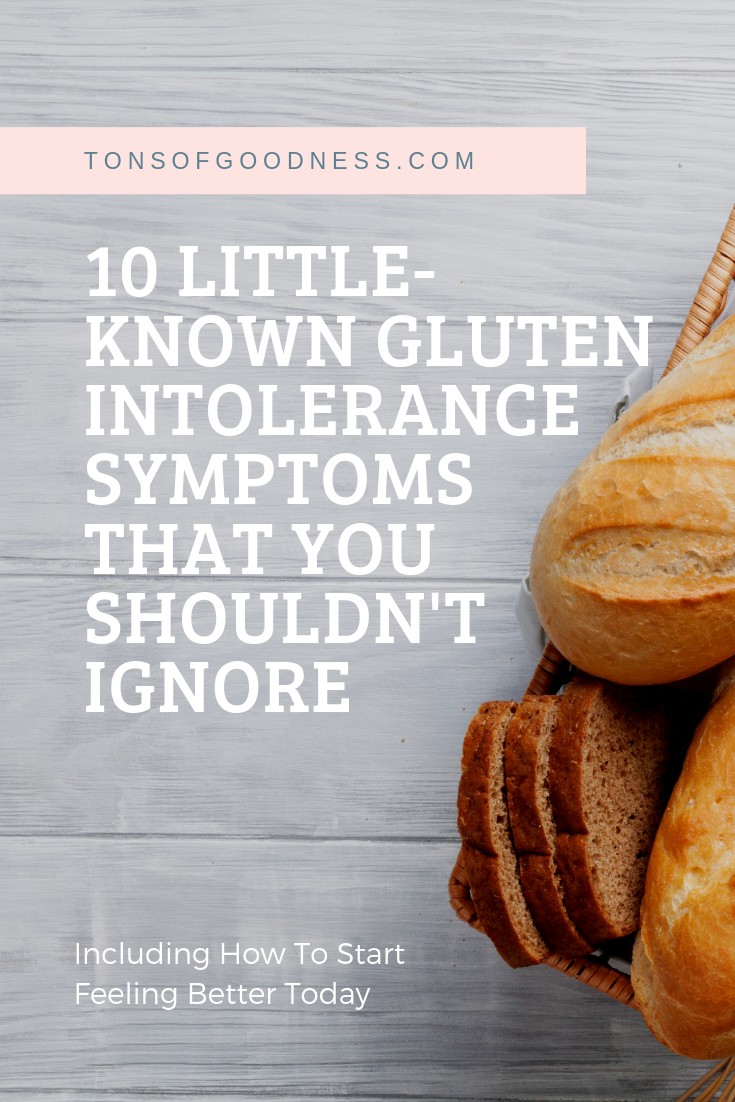

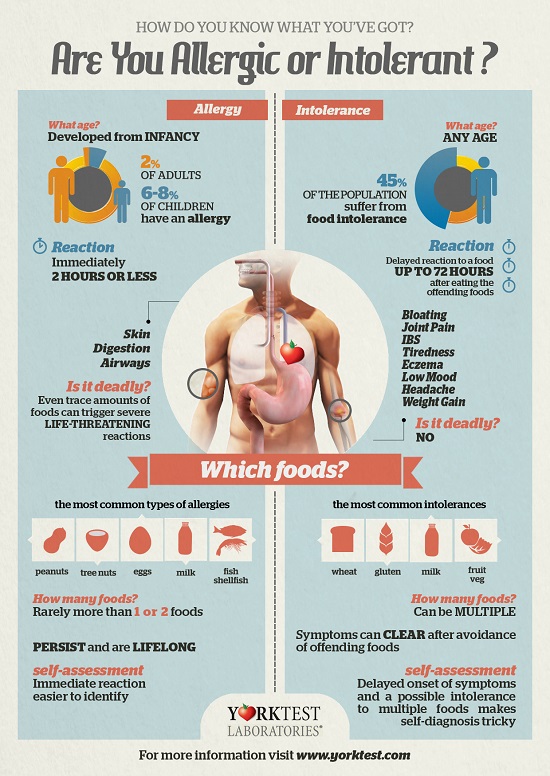

:max_bytes(150000):strip_icc()/surprising-signs-you-may-have-a-gluten-allergy-4147574_final-a5ba89e52afc4be98dcb6320d35a13fa.jpg)
